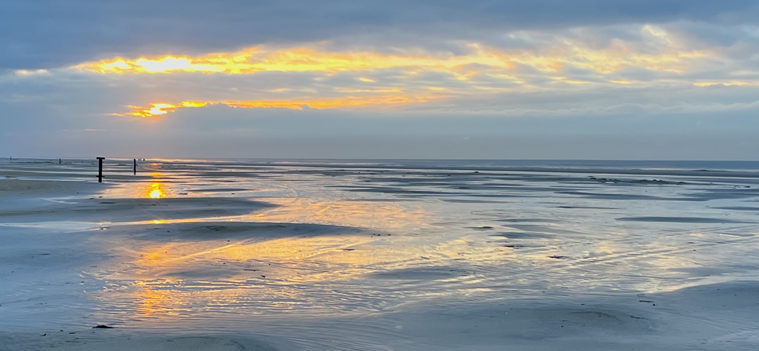After months of thorny negotiations, EU countries have greenlighted a landmark Nature Restoration Law, committing member states to introduce nature restoration measures on at least 20 percent of their land and sea area by 2030.
20 of the 27 European Council members voted in favour of the legislation on Monday, achieving the two-thirds majority required to pass.
Denmark’s Environment Minister Magnus Heunicke, who voted in favour, celebrated the outcome in a post on X.
“It’s home! Today is an unusually big day for nature in Europe. Despite several attempts by other countries to postpone the adoption of the nature restoration regulation, we have now finally adopted the regulation,” he wrote.
He described it as a victory for the green transition in the wake of the right-wing’s surge in the recent European Parliamentary election.
“This shows that the EU is able to make green decisions after the EP elections despite dark predictions.”
Opposition stirred by elections and protests
The new environmental regulations came off despite strong opposition from several states, with Italy, Hungary, Poland, the Netherlands, Sweden and Finland voting against the bill. Belgium abstained.
In fact, an EU-level agreement was reached to pursue the ambitious nature restoration plan earlier this year.
But as the EP elections loomed and debate on land-use and agriculture spurred thousands of farmers across the bloc to join in mass protest against green initiatives, political support for the plan began to atrophy.
The fate of the Nature Restoration Law looked especially dubious when Hungary withdrew its support for the plan in March.
In a statement to Altinget at the time, Heunicke called the U-turn a “serious setback”, adding “it is completely unheard of that we cannot rely on the agreements that have been negotiated.”
Mutinous Austrian vote lands majority
But at yesterday’s meeting in Luxembourg between EU environment ministers, another controversial U-turn proved decisive in the other direction.
This time it was the Austrian environment minister Leonore Gewessler who voted in favour, securing the majority vote needed to pass and adopt the law and infuriating the country’s chancellor Karl Nehammer, who had suggested Austria would vote against.
Nehammer will now seek to “put a stick in the wheel of the agreement by having it overturned at an EU court”, according to the Danish news agency Ritzau.
Big forestry nations opposed
Denmark’s Nordic neighbours Finland and Sweden, voted against the law.
The Swedish climate and environment minister Daniel Westlén said that the no vote is due to Sweden’s vast forests and forestry industry.
“We still believe that there is a lack of understanding of how forestry works,” he said, according to DR.
Broad-scope environmental protection
80 percent of natural areas in the EU are assessed to be in ‘poor condition’. Beyond the 20 percent by 2030 target, the new law means that member states must work to restore 60 percent of their poor condition land by 2040 and 90 percent by 2050.
It also includes efforts to fight the decline of insect pollinators in Europe, and EU-level measures such as a commitment to planting at least three billion additional trees by 2030 across the bloc.
Member states must submit national restoration plans to the commission. A review of the implementation of the law and its effects is scheduled for 2033.
















